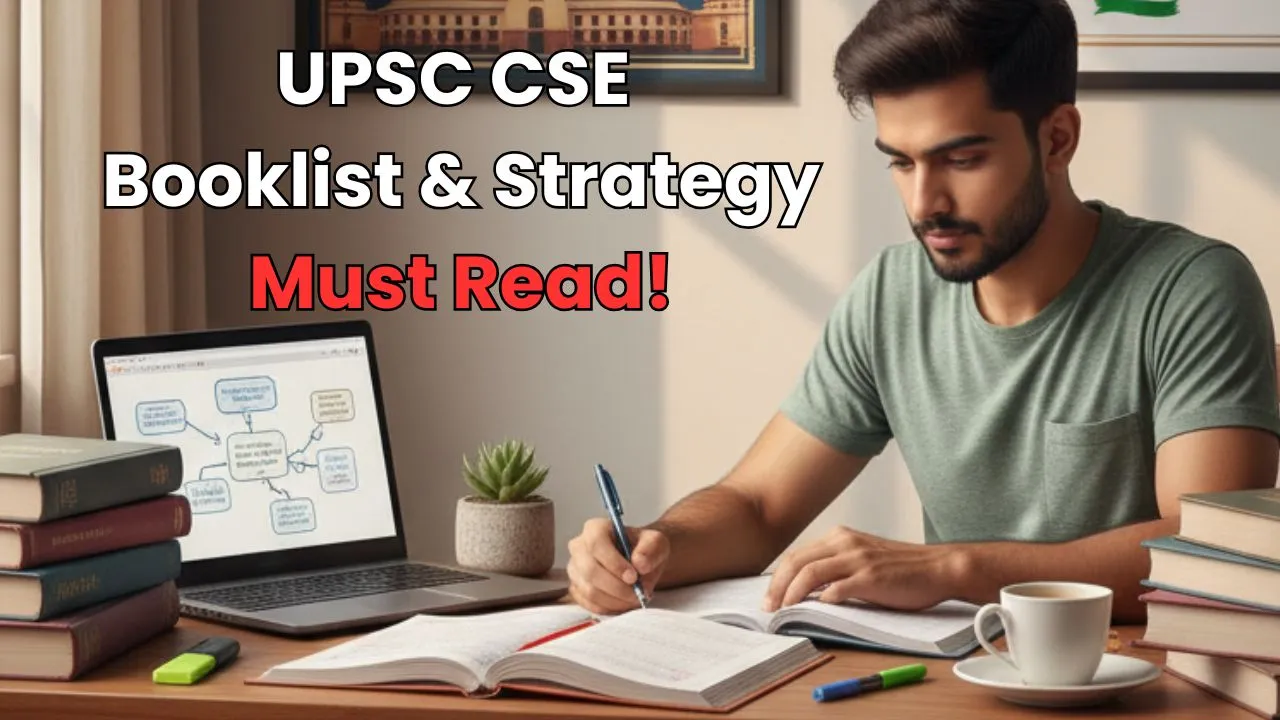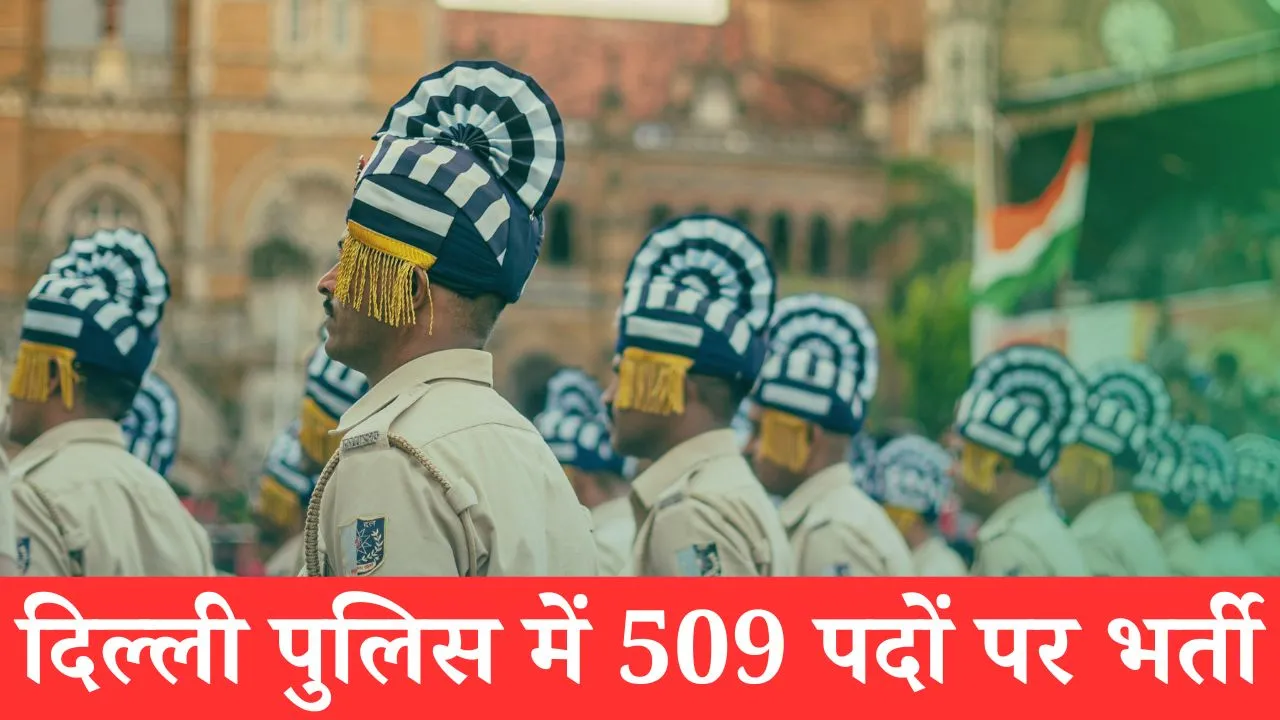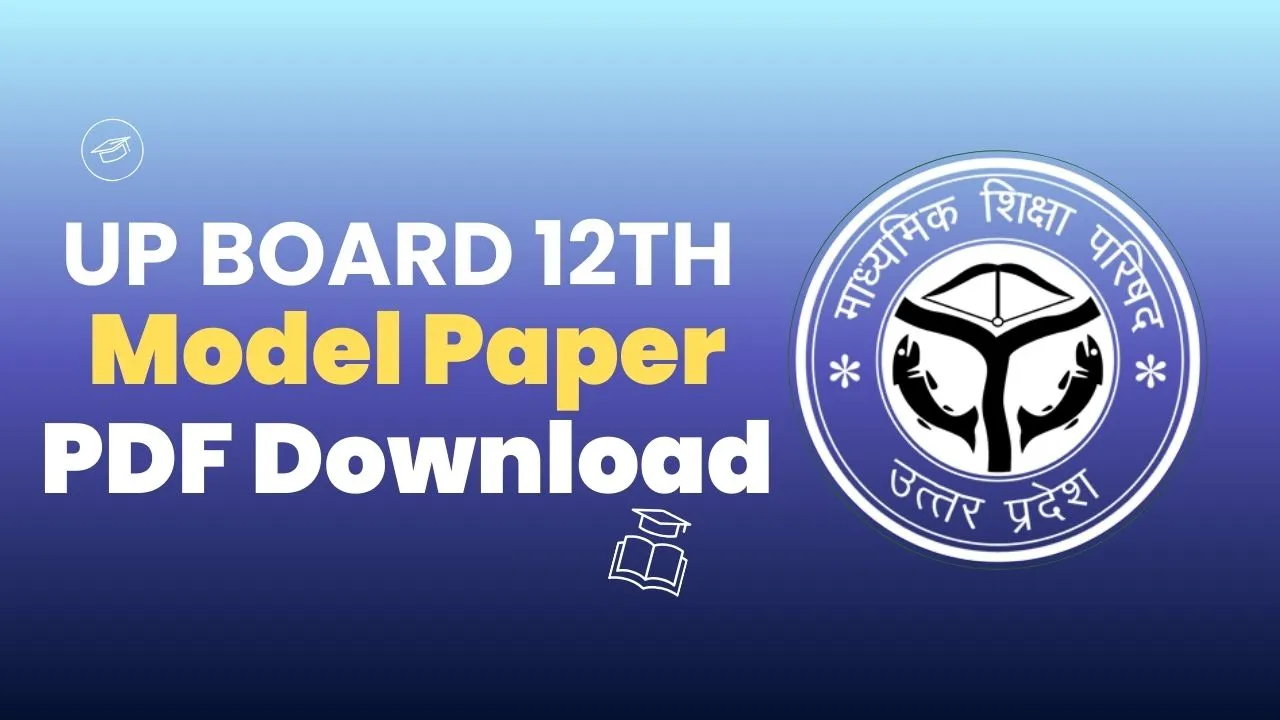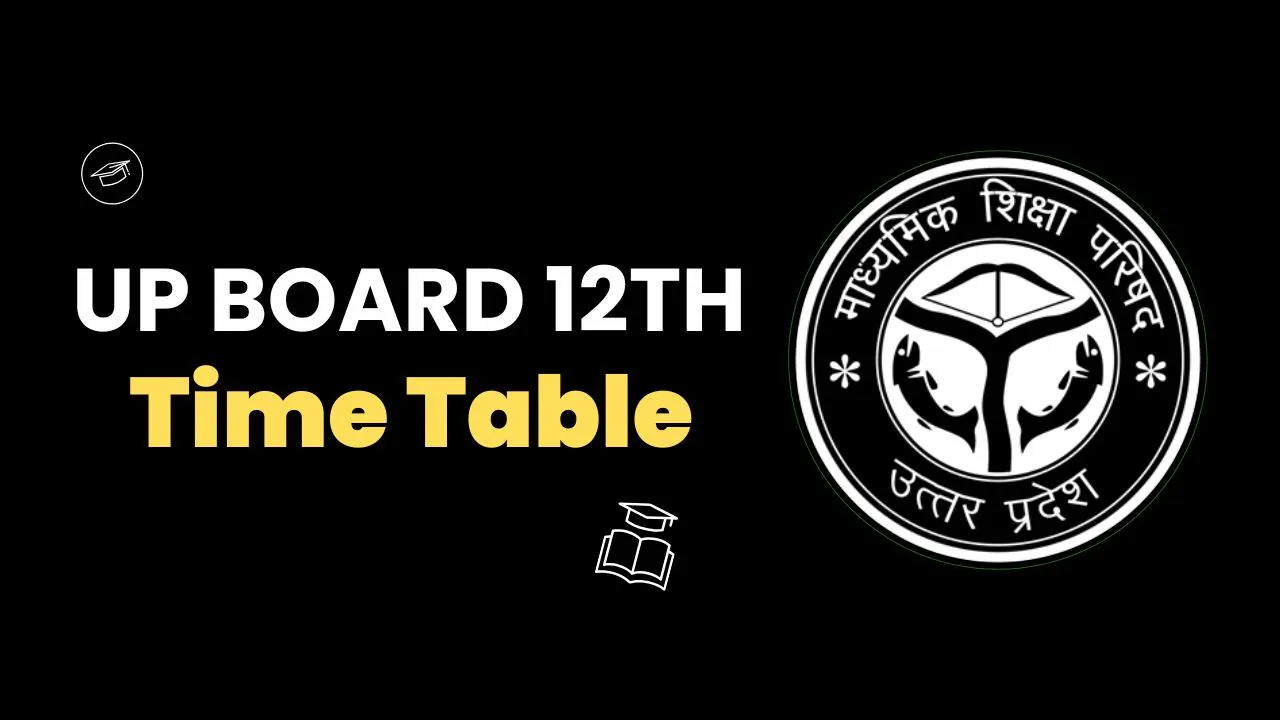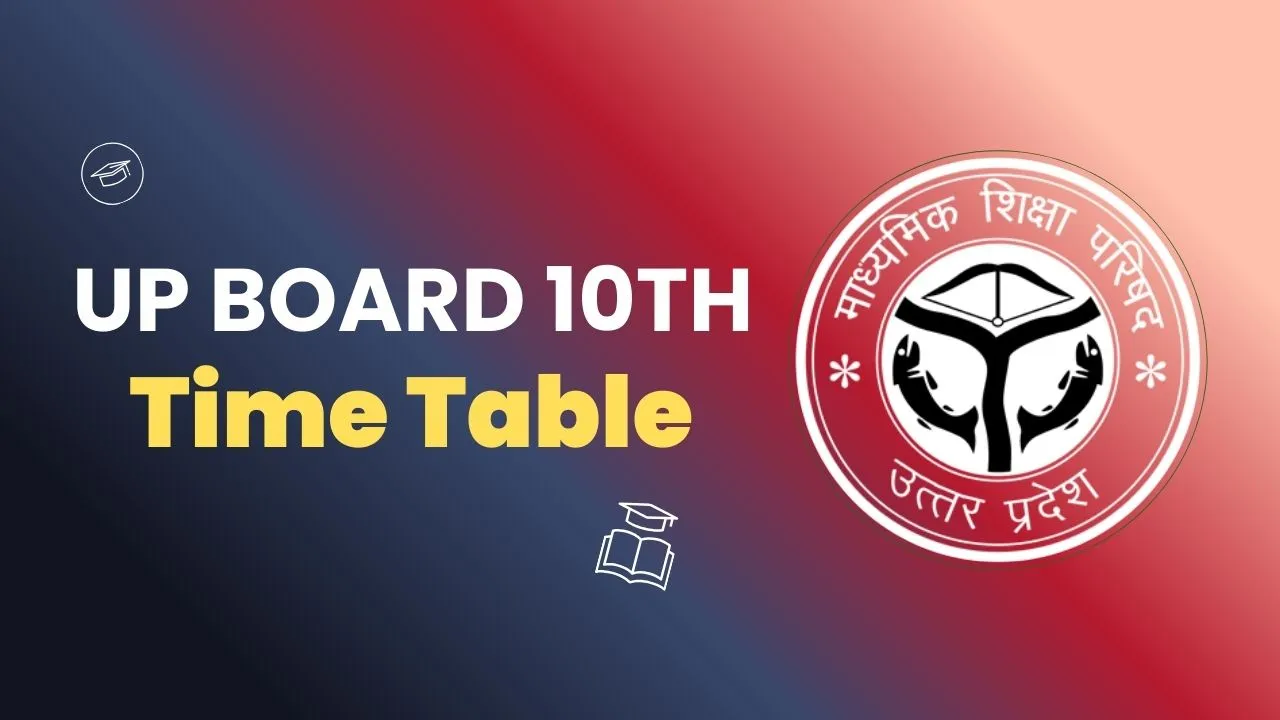UPSC CSE Booklist & Strategy by Aman Kumar: UPSC CSE (Civil Services Examination) भारत की सबसे प्रतिष्ठित परीक्षाओं में से एक है, जो लाखों अभ्यर्थियों को आकर्षित करती है। इस परीक्षा की तैयारी के लिए सही किताबों का चयन और एक प्रभावी strategy अपनाना बेहद जरूरी है। अगर आप UPSC CSE की तैयारी कर रहे हैं, तो यह article आपके लिए एक संपूर्ण मार्गदर्शिका है। यहां हम mains और prelims दोनों के लिए booklist, sources और strategy पर विस्तार से चर्चा करेंगे। याद रखें, सफलता का राज discipline, smart work और consistent practice में छिपा है। आइए, शुरू करते हैं।
Mains के लिए Sources
Mains परीक्षा UPSC CSE का दूसरा चरण है, जहां descriptive answers और analytical skills की परीक्षा होती है। नीचे GS पेपर्स के अनुसार recommended sources दिए गए हैं। इनका उपयोग करके आप अपनी तैयारी को मजबूत बना सकते हैं।
GS 1
GS 1 में Indian History, Art & Culture, World History, Geography, Mapping और Society जैसे विषय शामिल हैं। इनकी तैयारी के लिए बेसिक NCERTs से शुरुआत करें, क्योंकि ये foundational knowledge प्रदान करते हैं।
- Indian History: Old NCERTs या कोई अच्छा coaching material। अगर PW Only IAS के class notes arrange कर सकें, तो वे crisp और precise होते हैं। ये notes इतिहास की मुख्य घटनाओं को संक्षिप्त रूप से कवर करते हैं, जिससे revision आसान हो जाता है।
- Art & Culture: Manikanta Sir’s notes। ये notes cultural heritage, monuments और performing arts पर focused होते हैं, जो mains answers में examples के रूप में उपयोगी साबित होते हैं।
- World History: Manikanta Sir’s notes। World wars, revolutions और colonialism जैसे topics को सरल भाषा में समझाया गया है।
- Geography: Class 11 NCERT (Fundamentals of Physical Geography जरूर पढ़ें; इसके लिए कोई substitute नहीं है) + Sachin Arora’s lectures या Digraj Singh Rajpoot के YouTube videos। Physical geography के concepts जैसे climate, landforms और natural resources को diagrams के साथ समझें। Human geography के लिए Class 12 NCERT भी उपयोगी है।
- Mapping: Bharat Darshan 1.0 & 2.0 by Understand UPSC। Mapping skills mains में location-based questions के लिए crucial हैं। इन videos से practice करें और current events से link करें।
- Society: Class 12 NCERTs। Syllabus को ध्यान में रखते हुए one-page notes बनाएं; सब कुछ memorize करने की जरूरत नहीं। Social issues जैसे poverty, gender equality और urbanization पर focus करें।
GS 2
GS 2 polity, governance, international relations और social justice पर आधारित है। इस पेपर के लिए comprehensive coverage चाहिए, लेकिन overload न हो।
- Atish Mathur’s YouTube lectures + Atish Mathur Exclusive App (कुछ और की जरूरत नहीं)। ये resources polity के concepts जैसे constitution, federalism और judiciary को practical examples से जोड़ते हैं। IR के लिए bilateral relations और global organizations पर विशेष ध्यान दें। App से quizzes और updates मिलते रहेंगे।
GS 3
GS 3 economy, environment, science & technology और internal security कवर करता है। Technical topics के लिए expert guidance लें।
- Dr. Shivin’s lectures/notes। Economy के लिए budget, schemes और growth models; environment के लिए climate change और biodiversity; S&T के लिए innovations जैसे AI और biotech पर notes बहुत helpful हैं। Internal security में cyber threats और border issues को integrate करें।
GS 4 (Ethics)
Ethics पेपर moral values, case studies और integrity पर based है। यहां theoretical knowledge के साथ practical application महत्वपूर्ण है।
- Vikas Divyakirti’s lectures या Mudit Sir’s notes। Divyakirti Sir के lectures thinkers जैसे Aristotle और Gandhi को quotes के साथ explain करते हैं। Case studies practice के लिए toppers’ answers देखें। Emotional intelligence और attitude जैसे topics पर focus करें।
Essay
Essay पेपर आपकी writing skills और thought process को test करता है। Philosophical, socio-economic या current affairs based topics आ सकते हैं।
- Vikas Divyakirti या Vision IAS lectures। Structure: Introduction, body (multi-dimensional arguments) और conclusion। Practice weekly एक essay लिखें और feedback लें। Quotes और examples से enrich करें।
Optional Subject
Optional subject आपकी scoring potential बढ़ा सकता है। Interest और aptitude के अनुसार चुनें, जैसे History, Geography, Sociology या Public Administration। Syllabus को thoroughly पढ़ें और PYQs analyze करें।
Prelims (GS + CSAT)
Prelims UPSC CSE का पहला चरण है, जो objective type questions पर based है। Mains sources ही उपयोग करें, लेकिन facts को PYQs से filter करें। High-yielding areas पर focus करें।
Booklist – General Studies (Paper I)
- Mains sources ही उपयोग करें। PYQs से facts filter करें।
- High-yielding areas:
- History: History by Rajnish Raj। Ancient, medieval और modern history के key events।
- Geography: Class 11 NCERT। Physical और Indian geography।
- Map: Bharat Darshan। Location-based questions।
- Economy: अगर difficult लगे, तो Indian Economy by Vivek Singh पढ़ें। Basics जैसे GDP, inflation और fiscal policy।
Sources – CSAT (Paper II)
CSAT qualifying है, लेकिन underestimate न करें।
- Reading Comprehension: Shagun Singh’s “Reading Comprehension” lecture on UPSC Prep। Passages analyze करने की technique सीखें।
- Quant & Logical Reasoning: PW Only IAS YouTube channel। Maths basics, data interpretation और puzzles practice करें।
Current Affairs
Current affairs prelims और mains दोनों के लिए backbone हैं।
- Monthly magazine या Tracker Pro by Atish Mathur (रोज 1 hour)। National/international news, schemes और reports को notes में summarize करें। Yojana/Kurukshetra magazines भी useful हैं।
UPSC CSE Strategy
UPSC CSE की strategy personalized होनी चाहिए, लेकिन basic framework यही है। Syllabus memorize करें हर GS paper का preparation शुरू करने से पहले।
- GS 2 और GS 4 से शुरू करें (रोज 6–7 hours)। Polity और ethics foundational हैं, इन्हें मजबूत बनाने से confidence बढ़ेगा।
- Slow pace से चलें, discipline build करें और panic न करें। Consistency key है।
- रोज एक PYQ GS 2 और GS 4 का पढ़ें; दो महीने में trends clear हो जाएंगे।
- उसके बाद GS 3 और optional लें।
- अंत में GS 1 और Essay। Mains ready होने पर prelims phase में शिफ्ट करें।
Prelims Phase (फरवरी से)
- MAD by Understand UPSC watch करें और notes consolidate करें।
- रोज CSAT पर 3 hours और GS पर 6 hours दें। Mock tests weekly लें और weak areas identify करें।
Pro Tips
- Telegram का wisely उपयोग करें। Groups join करें जहां quality content share होता है।
- “Mains ready by December” group join करें। Planning न करें, लेकिन GS preparation के दौरान रोज कम से कम एक answer पढ़ें—toppers’ copies या “Mains Ready by December” से। अपनी answers compare करें और inspiration लें।
- Daily newspaper (The Hindu/Indian Express) पढ़ें और mind maps बनाएं।
- Health का ध्यान रखें: Exercise, sleep और balanced diet। Burnout avoid करें।
Disclaimer
यह bare minimum strategy है, लेकिन effective साबित होती है। Coaching gimmicks पर time waste न करें—discipline और smart work पर focus करें। हर अभ्यर्थी unique है, इसलिए अपनी weak points पर extra effort करें। Success overnight नहीं मिलती, लेकिन persistent efforts से जरूर मिलेगी। All the best for your UPSC CSE journey!
इसे भी पढ़ें –

